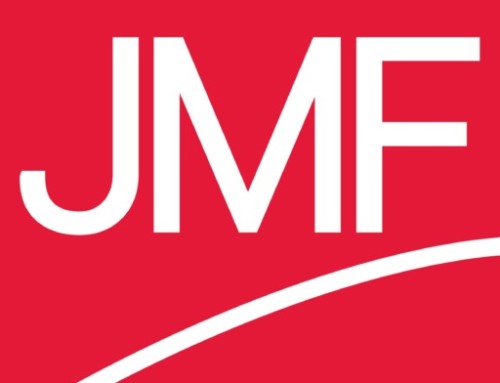Many small business owners are still sorting through the massive changes included in the Tax Cuts and Jobs Act (TCJA). Generally, as opposed to the provisions for individuals, the rules affecting businesses are permanent in nature. Keeping that in mind, following are six year-end planning strategies to consider in 2019.
- Maximize Section 179 deductions. The TCJA doubled the Section 179 expensing allowance to $1 million and increased the threshold for phasing out the deduction to $2.5 million. The inflation-indexed figures for 2019 are $1.02 million and $2.55 million, respectively. Be sure to place property in service in 2019 to qualify for a deduction this year. Caveat: The deduction cannot exceed your annual business income.
- Tack on bonus depreciation. In addition to the generous Section 179 allowance, your business can claim 100% “bonus depreciation” for property placed in service this year. The TCJA doubled this tax benefit from 50%. Furthermore, the tax break was expanded to include the cost of used property. Note that the bonus depreciation break will be gradually phased out beginning in 2023 and disappearing after 2026.
- Seize the QBI deduction: The TCJA created a brand-new deduction for qualified business income (QBI) of pass-through entities like S corporations, partnerships and limited liability companies (LLCs), as well as sole proprietorships. The deduction is equal to 20% of the QBI earned by a qualified taxpayer, but is phased out for higher-income taxpayers, depending in part on if you are in a “specified service trade or business” (SSTB). Consult with your tax advisor for more details.
- Stay below interest cap. Under the TCJA, the annual deduction for the net interest of a business is generally limited to 30% of its annual income. However, the new 30% deduction limit does not apply to a qualified small business with average gross receipts of $25 million or less for the three prior tax years. Accordingly, you might be able to squeeze under the threshold by deferring income to 2020, if this otherwise makes sense. Any excess interest for 2019 may be carried forward indefinitely.
- Switch to cash accounting. Generally, small business owners prefer to use the simplified cash method of accounting. However, prior to the TCJA, a C corporation that was not a personal service corporation generally could not use the cash method if its average gross receipts for the prior year exceeded $5 million. The TCJA hikes this limit to $25 million, paving the way to a switch to cash accounting for many smaller corporate entities.
- Host a holiday party. Finally, the TCJA generally eliminates deductions for entertainment expenses, such as write-offs for meals with customers preceding or following a substantial business discussion. But the law does allow deductions for parties and other get-togethers where the entire work staff is invited. Best of all: The deduction for holiday parties is still equal to 100% of the cost, as opposed to the usual 50% limit previously allowed for most entertainment expenses.
These six strategies are just the tip of the iceberg. Schedule a meeting with your professional advisor for comprehensive year-end tax planning.






Leave A Comment
You must be logged in to post a comment.